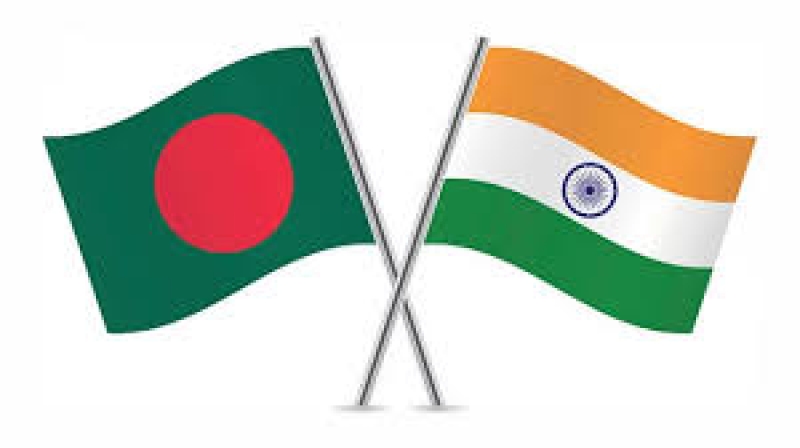- Power generation at Payra Thermal Power Plant 1st unit starts after a month |
- Irregularities, injustice will no longer be accepted in politics: Jamaat Ameer |
- 2 arrested in Jhenaidah for allegedly selling madrasa student |
- Koko’s wife campaigns for Tarique in Dhaka-17 |
- Bangladeshi Expats Cast 4.58 Lakh Postal Votes |
Bangladesh, India Strengthen Border Cooperation

In a renewed commitment to upholding human rights and minimizing violence along their shared border, Bangladesh and India on Thursday pledged to enhance cooperation through joint efforts aimed at improving border security and management. Both nations agreed to intensify joint patrolling, bolster vigilance, and ramp up public awareness campaigns to ensure the safety and security of their borders without resorting to violence.
The two sides emphasized the need for socio-economic development initiatives and the sharing of real-time information to strengthen border management while preventing any loss of life. This agreement came after the Director General-level coordination conference between the Border Guard Bangladesh (BGB) and the Border Security Force (BSF), held in New Delhi from February 17 to 20.
The Bangladesh delegation was led by Major General Mohammad Ashrafuzzaman Siddiqui, Director General of the BGB, while Daljit Singh Chawdhary, Director General of the BSF, headed the Indian team. These high-level meetings take place twice annually, rotating between Bangladesh and India, and provide a platform for both countries to build more effective cooperation in border security and management.
A key topic of discussion was the BSF’s ongoing non-lethal policy along the Indo-Bangladesh border, which both sides reaffirmed as a crucial step in preventing fatalities. The importance of the Coordinated Border Management Plan (CBMP) was highlighted in addressing issues like cross-border crime, human trafficking, and illegal crossings. Both countries agreed to share real-time intelligence and pursue investigations against traffickers and criminals.
The two delegations further resolved to enhance efforts to combat human trafficking, assist its victims, and speed up their rehabilitation in accordance with both nations' laws. They also emphasized the need to strengthen the CBMP framework and continue the mutually beneficial initiatives under this plan.
Both sides expressed appreciation for the cooperative measures already undertaken, including joint patrols, sports events, and goodwill visits, which contribute to greater mutual understanding and border management. They stressed the need for ongoing and proactive communication to maintain peace and security along the border.
The discussions also touched upon border-related infrastructure, such as the development of treatment plants to address wastewater issues, riverbank protection efforts, and issues surrounding the demarcation of border pillars. Both sides acknowledged the shared challenges, including the movement of armed miscreants, and agreed to coordinate efforts to minimize these threats.
Regarding border incidents, particularly those involving trans-border criminals, both Bangladesh and India agreed to intensify coordinated efforts to reduce such occurrences, including through increased night-time patrols in vulnerable areas. Additionally, they committed to raising awareness within border communities about the importance of respecting the international boundary.
Looking ahead, both sides agreed to continue their productive engagement through initiatives such as joint patrols, cultural exchanges, and ceremonial events, reaffirming their shared goal of fostering peace and stability at the border.
As a result of the talks, the two nations agreed to hold the next Director General-level conference in Dhaka, Bangladesh, tentatively scheduled for July 2025.

